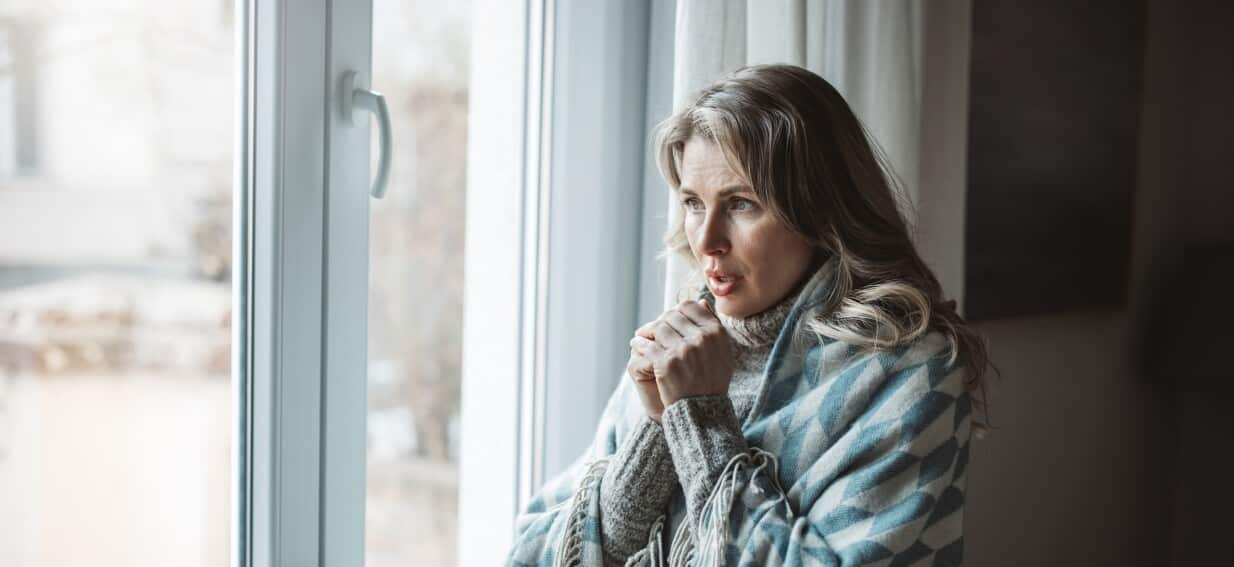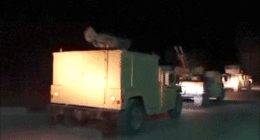Share this @internewscast.com

Here’s why they seem so cold and how you can stay warm.
Why are Australian houses so cold?
People from colder regions, like Canada, the US, and the UK, have voiced on social media their surprise at how chilly Australian homes are compared to their own.
Typically, Australian homes lack insulation, are drafty, or contain inefficient heating systems, allowing cold air in and warm air out.
“The average energy efficiency [NatHERS] rating of all the overseas comparison homes was over seven stars, and we have yet to implement seven stars here in Australia, almost 20 years later.”
What can you do to make your house warmer?
This can include improving insulation in the floor, walls and ceilings, and sealing cracks in windows, door frames and floors.
“If you want to make your home more comfortable, get your insulation sorted and do your draft proofing. That’s your best return on investment. That’s your best bang for buck,” he said.
If you have hard floors, adding rugs can provide some insulation and add warmth underfoot, and if you have ceiling fans, using the reverse setting can distribute warm air from the ceiling.










